Meanwhile, Georgia Mom ARRESTED for allowing 10-Year-Old to walk a mile away from home
The contrast couldn’t be more different. In Georgia, a mom allowed her 10-year-old to walk home from a mile away in a region they are both extremely familiar with, was arrested. Meanwhile, halfway across the country, a 7-year-old boy named Sylvan Lightyear Evermore has broken a world record by climbing and reaching the summit of the Leaning Tower in Yosemite National Park. Have a look below to get an idea of just how high and hazardous this climb would be for any normal person who has reached full adulthood.
Joe and son Sylvan Relax on a High Bench
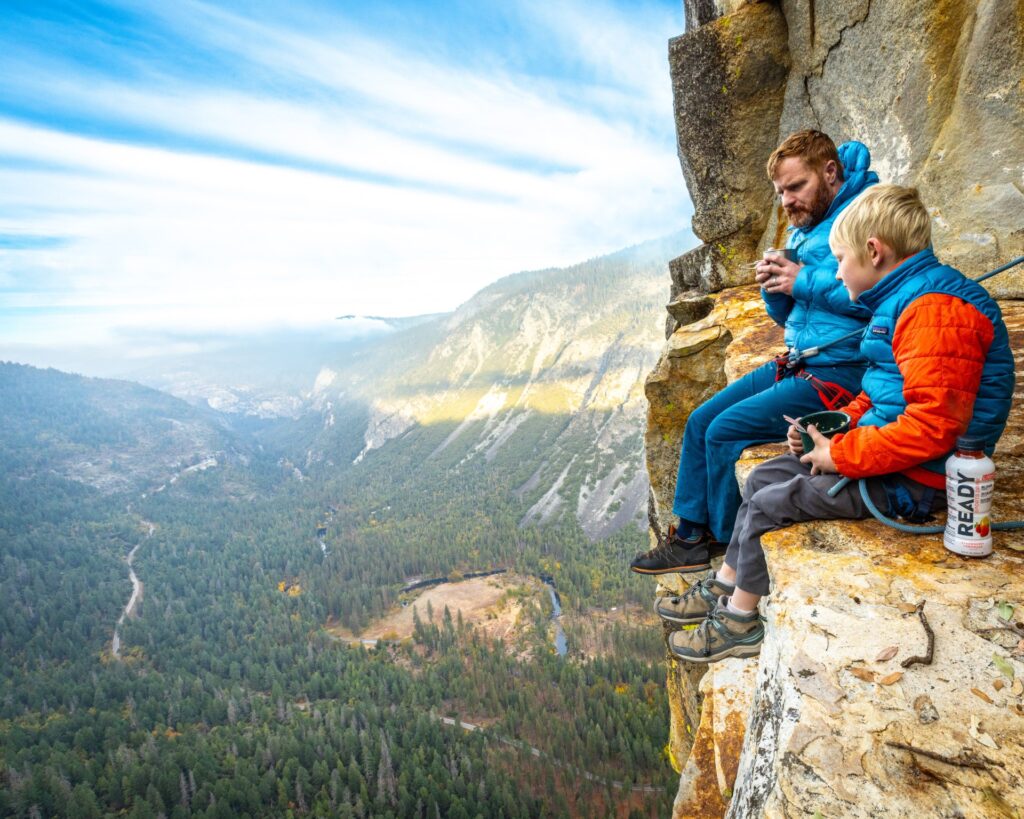
Young Sylvan spent a year preparing for this big climb, hours per day, of rigorous training! Now that he’s conquered the Leaning Tower, it’s on to another mountain, El-Capitan, the tallest sheer mountain face in North America. His older brother Sam Adventure Evermore set THAT world record back in 2022, when he was just eight years old.

The circumstances of these two families vividly illustrates the shifting perceptions of childhood independence and parental responsibility in contemporary society.
At The Summit!
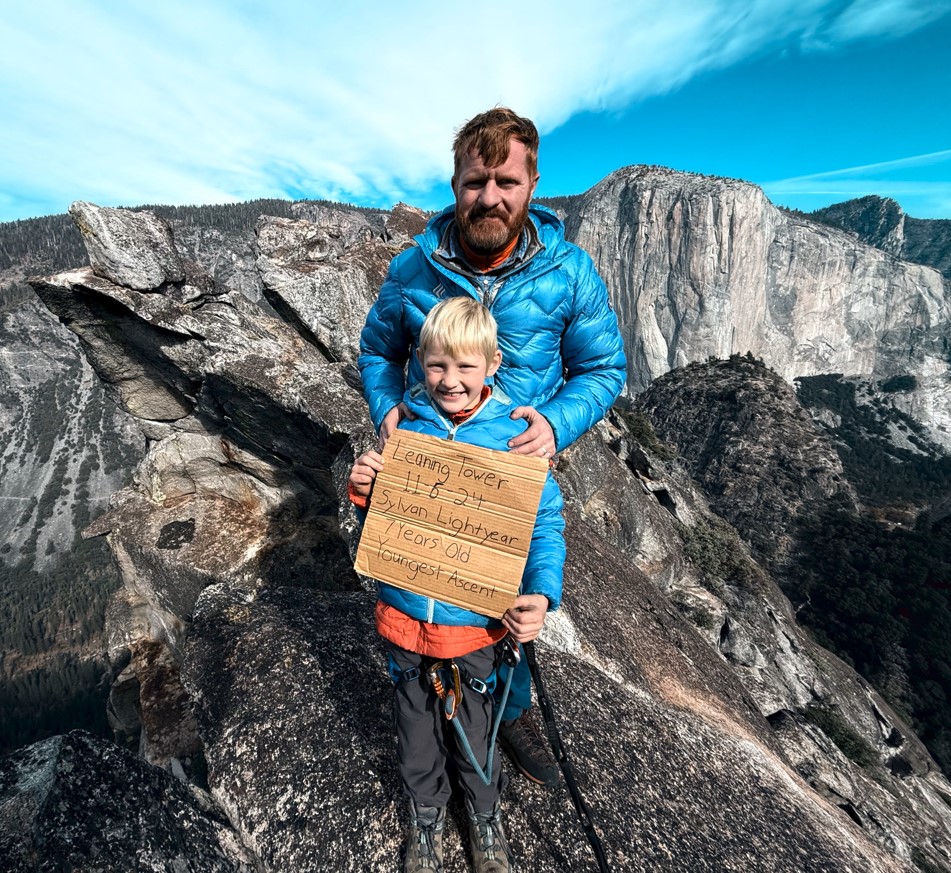
In Georgia, a mother faced legal repercussions after her 10-year-old son walked alone for a mile to a local store. The incident sparked controversy, highlighting the increasing fears about child safety and the growing tendency to view independence as a liability. The mother’s decision to let her child walk alone, while seemingly harmless to many, was perceived by authorities as neglect. In a time when parental fears are often heightened by stories of abductions, accidents, and other dangers, such actions are frequently scrutinized. Critics of the mother’s arrest argue that society has become overly protective, overly focused on risk, and quick to punish minor lapses in judgment. Some contend that this reflects a broader trend of infantilizing children, disempowering them, and robbing them of opportunities to learn responsibility and develop confidence.
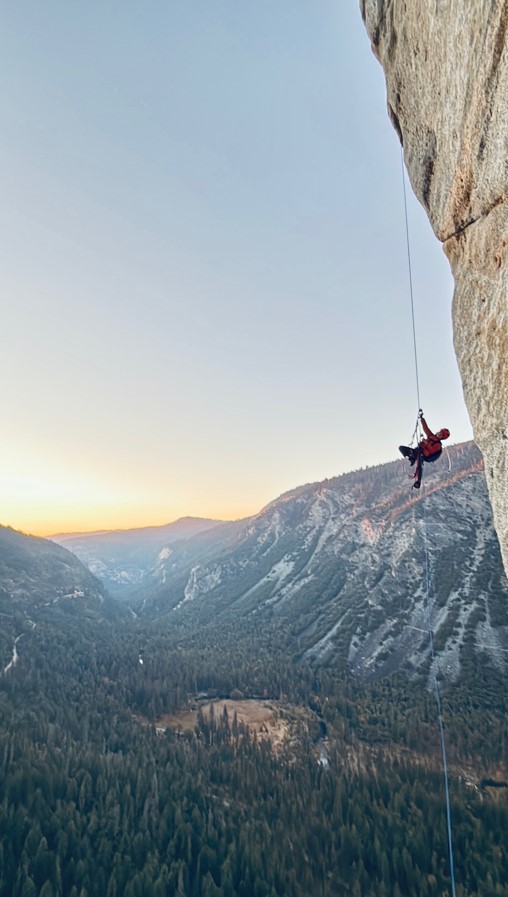
On the other hand, Sylvan Lightyear Evermore’s incredible feat of climbing the Leaning Tower of Yosemite at just 7 years old stands in stark contrast to this perception of overprotectiveness. Sylvan’s parents, who were supportive of his ambition, allowed him to pursue what many would consider an extreme challenge for a child of his age. The feat, solidifying his place in the record books, defies the notion that children are fragile or incapable of handling serious physical and mental challenges. It suggests a different approach to childhood: one that encourages physical independence, mental resilience, and the fostering of adventurous spirit.
Sylvan’s story exemplifies how some parents view their children as capable of extraordinary achievements, provided they are given the freedom to explore and test their limits. In this case, his climb was not just a physical challenge but an educational one, teaching him about perseverance, determination, and overcoming fear. The accomplishment was also a testament to the trust his parents had in him, letting him push the boundaries of what most would think a child his age could accomplish. Sylvan’s success has been hailed as a symbol of what happens when children are encouraged to explore their own potential, rather than being overly protected.
The contrast between these two stories speaks volumes about the varying attitudes toward childhood development in modern society. The Georgia mother’s arrest reflects a climate of fear and control, where even minor acts of independence can be seen as dangerous. In a world that often prioritizes safety, there’s a growing reluctance to allow children to step out of their comfort zones and experience the world on their own terms. Parents in this context may be reluctant to give their children the freedom to navigate public spaces alone, fearing judgment from others or legal consequences for what they might view as small acts of autonomy.
Time to Rest
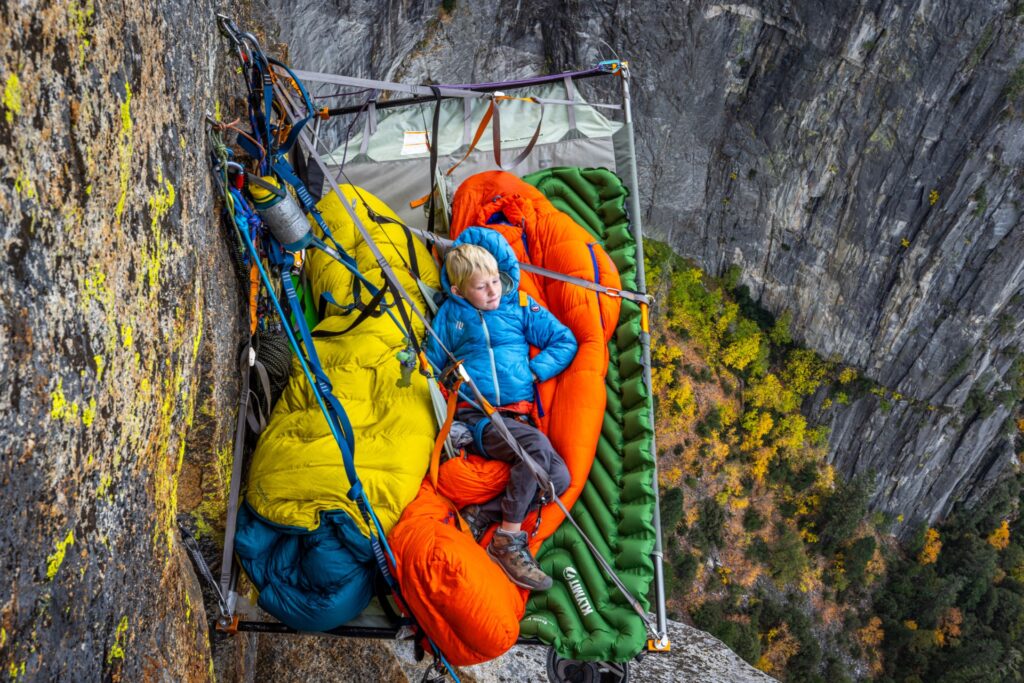
In contrast, Sylvan’s achievement underscores a more permissive, adventurous approach to parenting. His parents’ willingness to support him in his pursuit of the summit demonstrates a belief that children can be trusted with challenges, even extreme ones, when properly prepared and supported. It challenges the prevailing narrative that children should be kept within strict boundaries, suggesting that when children are allowed to take risks in a controlled, supportive environment, they can grow in ways that go beyond academic or physical milestones—they can develop the confidence to face any challenge.
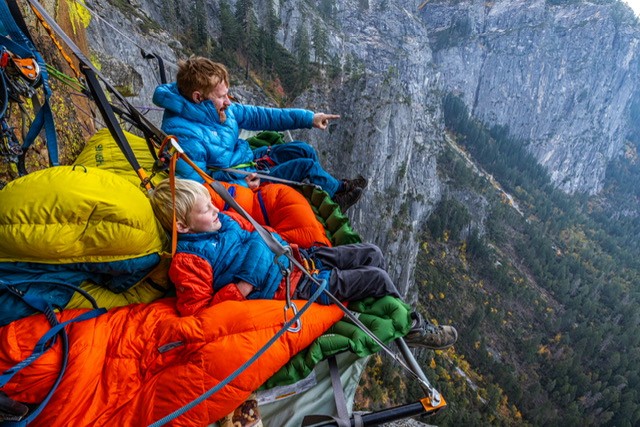
This contrast reveals a larger cultural divide: one side emphasizes safety and control, potentially to the point of stifling autonomy, while the other believes in the power of experience and self-determination, often taking calculated risks to push boundaries. Both approaches stem from a place of concern for the child’s wellbeing, but they manifest in very different ways. One side might argue that Sylvan’s climb was too dangerous, while the other might claim that the Georgia mother’s arrest was an overreaction, reflecting an unhealthy level of fear and control.
Ultimately, these stories invite us to reflect on how we balance safety with independence, caution with adventure, and protection with empowerment in raising the next generation. Both the Georgia mother and Sylvan Lightyear Evermore’s parents love their children and want what’s best for them, but they approach the path to growth and maturity in profoundly different ways. The question is not whether one approach is right or wrong, but rather how we, as a society, navigate the fine line between keeping children safe and giving them the freedom to grow, learn, and experience the world on their own terms.
MEDIA CONTACT: Todd Baumann at 512-966-0983 or Todd@specialguests.com
